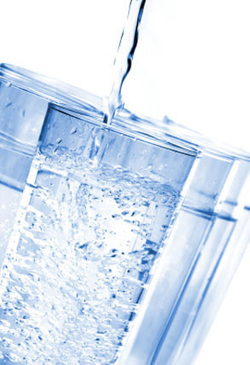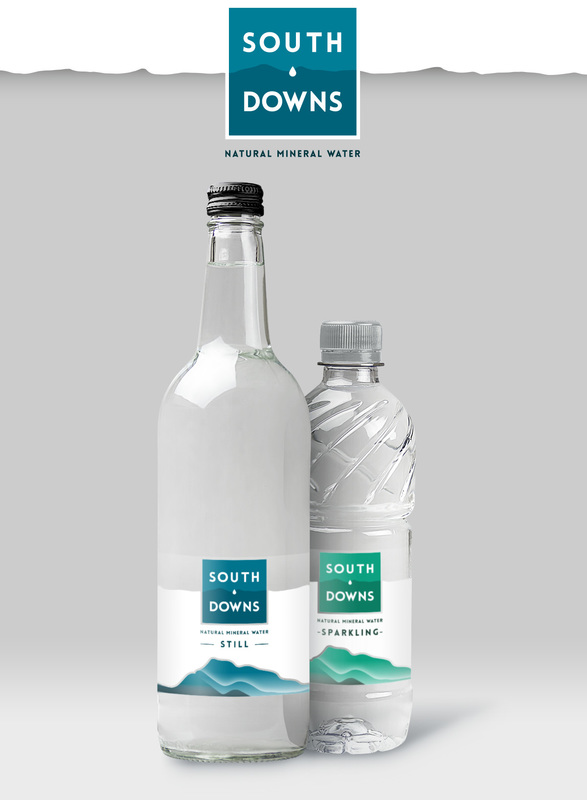
Why Drink Water The Benefits Of Good Hydration:
Preventing and relieving headaches
Getting a headache is one of the early signs of dehydration together with feelings of tiredness and light-headedness. Headaches resulting from mild dehydration can often be relieved quickly (within 30 minutes) by drinking between 200ml and 1.5 litres of water. Drinking an extra litre of water per day has been shown to help reduce headache duration and intensity in individuals who are susceptible to headache or migraine.
Concentration and mental performance
Mild dehydration adversely affects mental performance, reduces alertness and increases feelings of tiredness and perceived effort. Once thirst is felt, mental performance can decrease by about 10 per cent. The functions affected include memory, attention, concentration and reaction time. As the degree of dehydration increased, mental performance deteriorates further and this may compromise safety particularly for those operating machinery or driving. Hand-eye motor coordination is also impaired even at 1 per cent dehydration, making it more difficult to perform delicate or detailed work. Drinking water can have an immediate 'alerting' and 'revitalising' effect.
Prevention of chronic diseases
Drinking enough water can help to protect the body against certain chronic diseases. Individuals who maintain good hydration levels have been shown to have a reduced risk of developing many common and very serious ailments.
It is recommended that you:
Source:
Water for Health at www.water.org and Nutrition Information Center at The Rockefeller University and the International Bottled Water Association (IBWA)
Preventing and relieving headaches
Getting a headache is one of the early signs of dehydration together with feelings of tiredness and light-headedness. Headaches resulting from mild dehydration can often be relieved quickly (within 30 minutes) by drinking between 200ml and 1.5 litres of water. Drinking an extra litre of water per day has been shown to help reduce headache duration and intensity in individuals who are susceptible to headache or migraine.
Concentration and mental performance
Mild dehydration adversely affects mental performance, reduces alertness and increases feelings of tiredness and perceived effort. Once thirst is felt, mental performance can decrease by about 10 per cent. The functions affected include memory, attention, concentration and reaction time. As the degree of dehydration increased, mental performance deteriorates further and this may compromise safety particularly for those operating machinery or driving. Hand-eye motor coordination is also impaired even at 1 per cent dehydration, making it more difficult to perform delicate or detailed work. Drinking water can have an immediate 'alerting' and 'revitalising' effect.
Prevention of chronic diseases
Drinking enough water can help to protect the body against certain chronic diseases. Individuals who maintain good hydration levels have been shown to have a reduced risk of developing many common and very serious ailments.
It is recommended that you:
- Drink at least eight 8-ounce servings of water each day. The more active you are, the more water you need to replenish lost fluids.
- Don't wait until you're thirsty to drink water. By the time you feel thirsty, you have probably already lost two or more cups of your total body water composition.
- Drink plenty of water throughout the day. Convenience is a must, so carry a bottle of water with you as you commute to work, run errands or enjoy a day at the beach.
- While at work, keep a bottle of water on your desk, or visit the office water cooler.
- Once you start exercising, drink water throughout your workout. Keep a bottle of water with you and take frequent water breaks.
- Don't underestimate the amount of fluids lost from perspiration. Following a workout, you need to drink two cups of water for each pound lost.
- Start and end your day with water. Your body loses water while you sleep, so drink a serving before bed and again when you wake up
Source:
Water for Health at www.water.org and Nutrition Information Center at The Rockefeller University and the International Bottled Water Association (IBWA)
